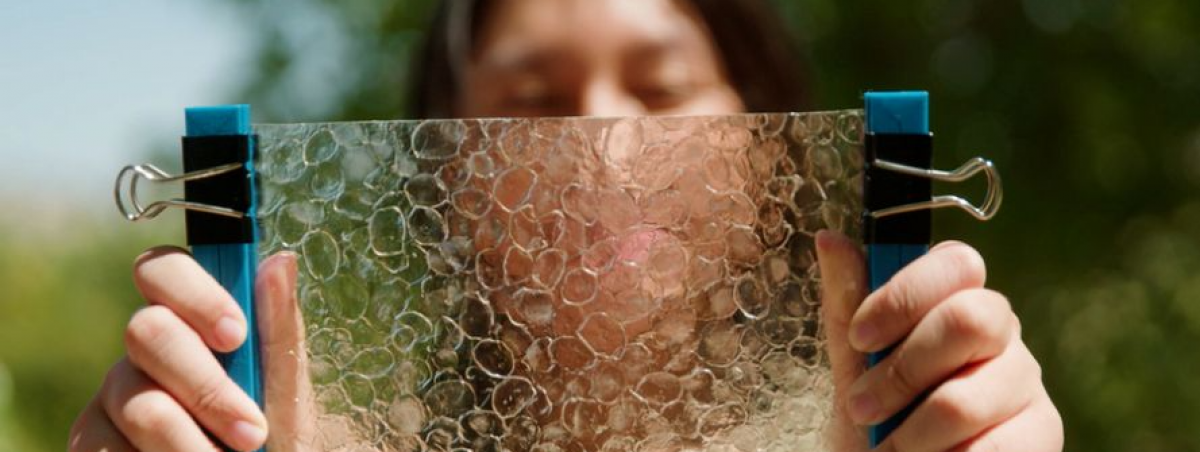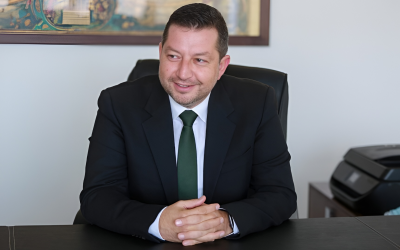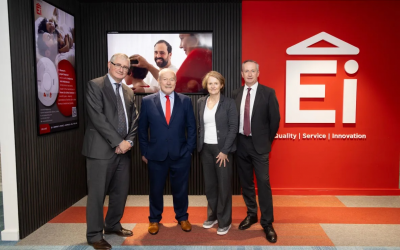Jacqueline Prawira, a senior at MIT’s Department of Materials Science and Engineering, has developed biodegradable, plastic-like materials derived from fish offal, offering a promising solution to the global plastic waste crisis. Featured on CBS’s The Visioneers with Zay Harding, her innovation transforms discarded fish scales into thin, flexible, and strong films suitable for single-use items such as grocery bags, packaging, and utensils.
Prawira was inspired by the resilience and lightweight strength of fish scales she observed at her family’s local Asian fish market. Her material and its composite not only mimic the properties of conventional plastics but also address their environmental shortcomings: when placed in composting conditions, they naturally degrade without external intervention. This approach could help reduce the projected imbalance in oceans, where plastics are expected to outweigh fish by 2050.
This project builds on Prawira’s previous environmental work in the lab of Professor Yet-Ming Chiang, where she contributed to developing a low-carbon cement production process known as silicate subtraction. The method lowers formation temperatures, cutting fossil fuel usage, and has also been adapted for zero-waste lithium extraction. Her work in this space is being commercialised through the startup Rock Zero.
Recognised with the Barry Goldwater Scholarship for her scientific contributions, Prawira emphasises the broader goal of aligning daily life with environmental sustainability. “You don’t always have to choose between the convenience of daily life and helping protect the environment,” she told The Visioneers.
By turning biological waste into practical, eco-friendly alternatives, Prawira demonstrates how innovation inspired by nature can tackle some of the world’s most intractable environmental challenges.
Read the full article to explore how MIT research is turning waste into a sustainable future.












.png)

